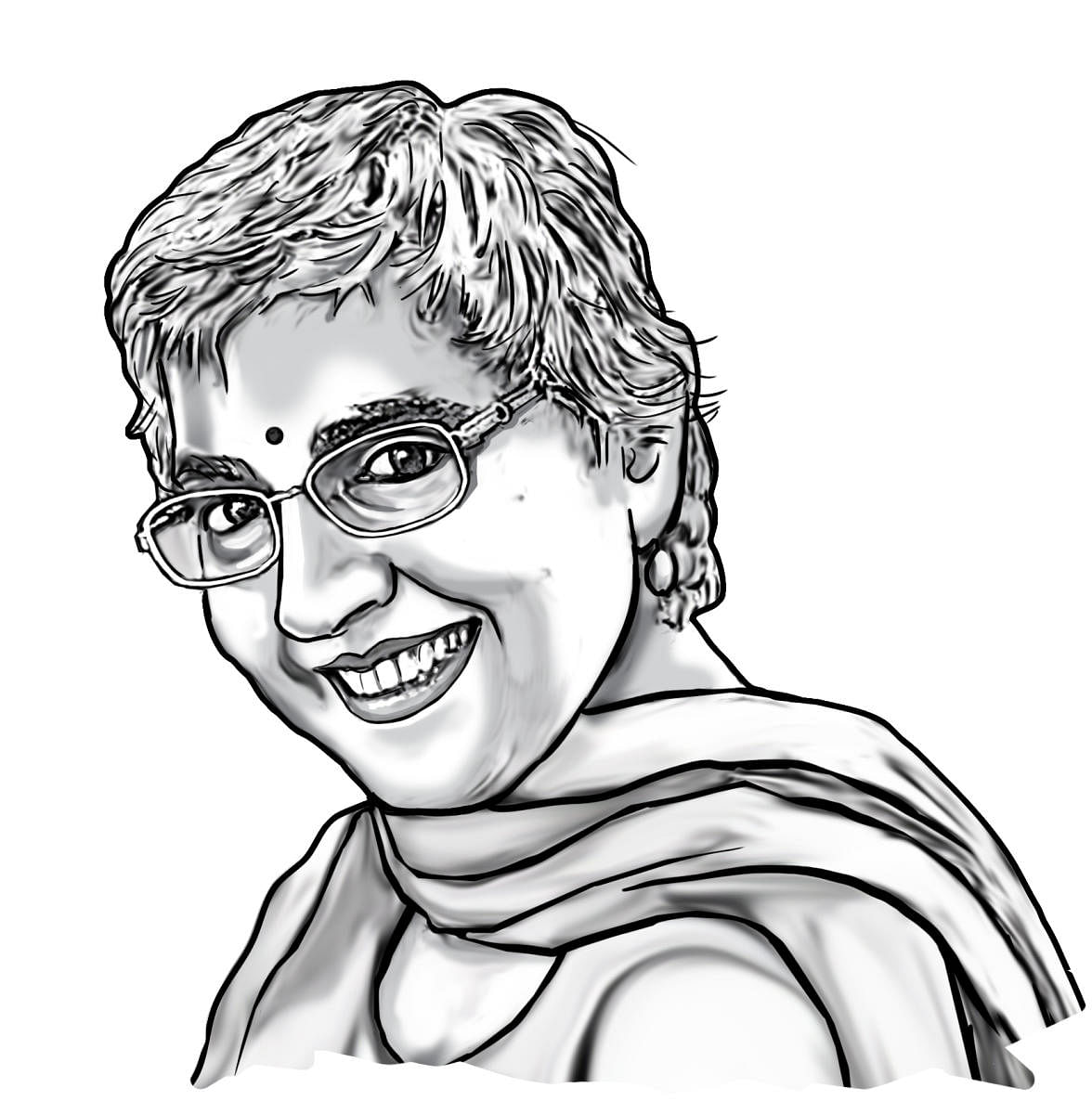Every morning for the many months of one or two summers, beyond the confines of my memory, my short, slim, wiry horse-riding instructor or ‘Ustad’ (an Arabic word used as a title of respect for a male teacher, or a skilful person, meaning maestro or hotshot), as they were all called, would meet me at the grounds with my horse Milan in tow. My sister, always first, always fearless, always accomplished at everything from Day One, would park our Moped, and get on with it. I, always the tailgater, always tentative, always half-invested, would dither with ill-concealed dread. The Ustad was always kitted out in a standard-issue white t-shirt, ‘khaki’ breeches and an olive green ‘saafa’ (a turban with a tail). After helping me mount my horse, and making sure I did it right, he would then set me and Milan off on a number of circular trots. On the rare day that I felt confident, we would even go for a ‘hack’ through the jungle. Ustad on his horse, I on my Milan. When Milan didn’t show up, so I wouldn’t lose my reluctant riding legs, I was given a replacement. Then Ustad would walk alongside me on the new horse, and if it wasn’t too feisty, watch from not too far.
One day, Ustad came home to meet my father, not on horseback, but on a cycle. There was no standard-issue white t-shirt, no ‘khaki’ breeches and no olive green ‘saafa’. It was a plain pair of pants and a full-sleeve shirt. That day, I realized, wide-eyed, that, stripped of his faux regalia, Ustad was but an ordinary man. Many years later, only when a TV show producer friend was desperately looking for filmable stories of child sexual abuse and asked if I had ever encountered it, I recovered the difficult memory of ‘allowing’ Ustad’s hands to roam too freely on my teen body while he ostensibly held the saddle, as if they were on Milan’s. It was the uniform. In his standard-issue white t-shirt, ‘khaki’ breeches and olive green ‘saafa’, Ustad acquired authority over the ordinary. My horse and I were not just in Ustad’s charge, we were in his command, and it is in this girlhood tale that my scepticism of the uniformed must begin.
It is also true that, as a ‘military brat’, flung far from all notions of extended family, the uniformed were the only men I met. Most of these were good men, gentle with their ‘bainee’ (younger sister in Gorkhali) as I was called, brothers to their brothers-in-arms, fierce with the enemy, and I am forever in their debt. But in the past few years, the uniforms have changed.
The Olive Greens’ ambassadors are Short Service Commission officers whose popularity soars with each tweet of their un-officer like bigotry and calls for uncalled for memes, and hate speech-frothing way-past-their-due-date Generals whose egos are as fragile as their moustaches are white and as large as their TV background nameplates overly wide. Some of these have retired to ‘work from home’, still decorated in their fatigues. Their whataboutery is always generously peppered with the alibis of their service in Kashmir and the North-East. The Blues and the Whites, smaller arms with better-educated men, both rank and file, seem to have been saved this ignominy, so far. And then there are the cops, whose recent acts of bravery in our Capital city are on record for everyone to see.
The uniform was once a career of choice, a notch higher than even the now all-powerful Administrative Services. Very young boys became officers overnight, and gentlemen for life, fighting battles and wars of honour, for honour, and with honour, treating their enemy always with honour, not lighting social media fires behind their own borders with agendas that need no reading between the lines. Of course, many still do. But many, and they all dress alike, have donned the Emperor’s new clothes.
Inside these are small men, commissioned officers alright, but in their acts of commission and omission, far from being gentlemen -- Ustads only in name, but predatory in their claims.
